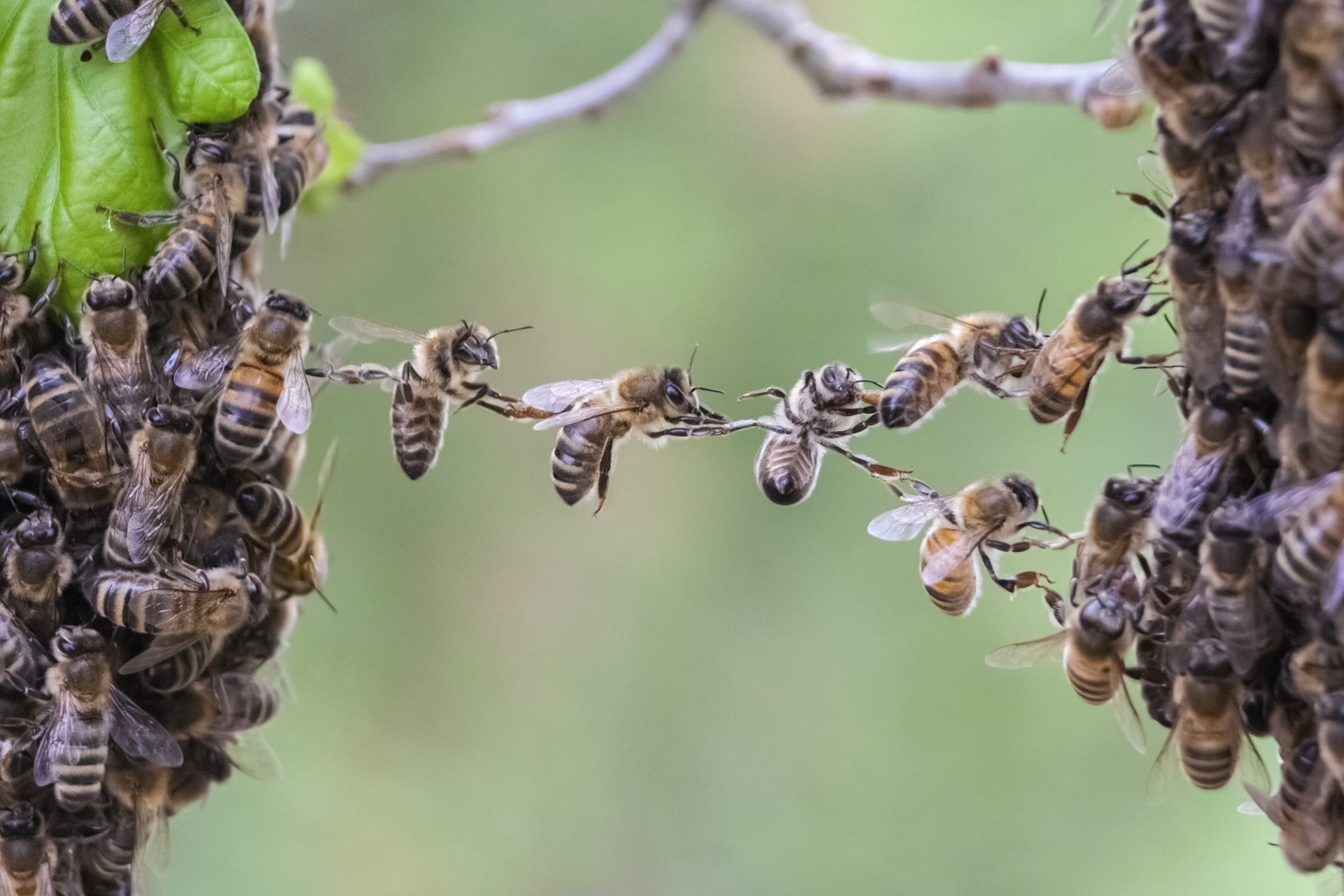Bee Infested Island Turning into Manuka Honey Business
August 12, 2015
Flinders Island New Frontier for Manuka Honey
Andrew Matthewson, who has made his home on the Tasmanian island of Flinders, is spreading tea tree seeds across the land. Matthewson believes his Flinders Island home is the new frontier for medicinal Manuka honey production. “Several of the leptosperm species [tea tree] seem to be active,” Matthewson said in a recent interview with ABC.net.au. “They can test it for the active component and the higher that is, the better the price.” He is hoping to make big profits from Manuka honey sales.
Matthewson is currently a grower of boysenberries, loganberries, and silvanberries around his home and he added a beehive to help with pollination of those plants. The Flinders Island native began his hive by catching a colony of bees in his home and, since the island is rather remote, everything he learned about beekeeping was self-taught. "I found some information in old English beekeeping books on drumming bees; moving them out of containers and drums you don't want them in," Matthewson explained.
After mastering catching swarms and understanding how to split hives, Matthewson grew from one hive to 60 hives in just two years. “The island is absolutely infested with bees. You find them in houses and wombat burrows, sheds,” Matthewson said. "I catch a lot of those feral swarms every summer, but they're not a very nice bee to work [with]. Excitable would be the word I'd use - they'll sting you, but probably the worst is they'll follow you and sting you and your kids and dogs. They're mean.”
After 10 years of practice, he is now fully invested in beekeeping and honey harvesting, harvesting approximately six tons of honey every year. “I'm probably at my best when I'm working a hive and I love it when my bees are healthy,” he said. “I've done really well here on Flinders.” Considering the success Matthewson has seen in such a short period of time, moving up to Manuka honey harvesting only seems like a logical steps in his beekeeping progression.
Matthewson has had some issues with the Manuka or jelly-bush honey since the substance is very viscous. With the prices of Manuka honey at least double from those of general meadow honey Matthewson was encouraged to plant more leptosperm seeds for future harvests, despite the difficulties. “Making lots of honey makes me happy. Being on the island makes me happy. I don't think I'd want to be anywhere else."


.jpg)



